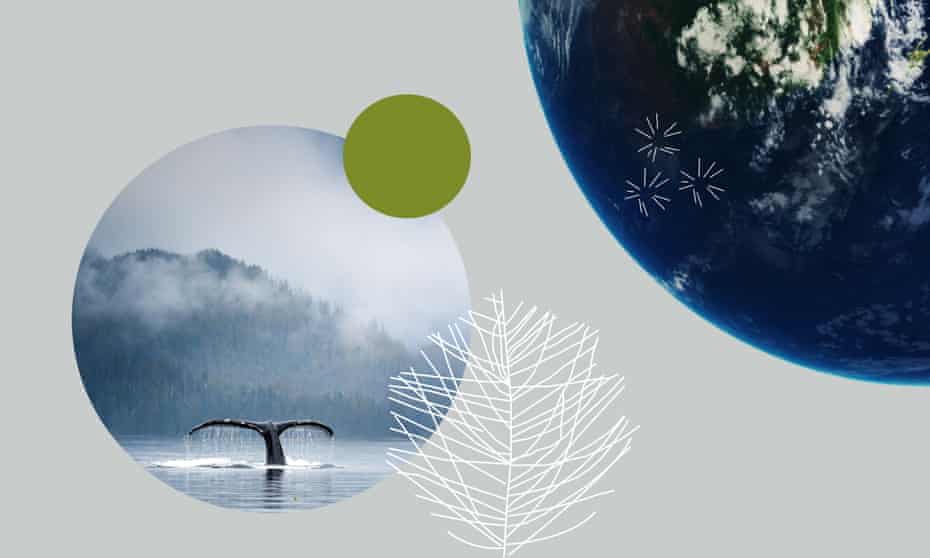What happened at Cop26 – day eight at a glance
Summary of the main developments on the eighth day of the UN climate summit in Glasgow

Last modified on Mon 8 Nov 2021 14.30 EST
The legitimacy of the Cop26 climate summit was called into question by a number of organisations that said restrictions on access to negotiations were unprecedented. Groups said that being shut out of key negotiations would have dire consequences for millions of people.
October 2021 was the third warmest in recorded history, according to the EU’s Earth observation programme Copernicus, with temperatures 0.42C higher than the 1991 to 2020 average.
The fossil fuel industry has the largest delegation at Cop26, according to campaigners, who say the sector has a bigger group than any other country. Analysis of the UN’s provisional list of attenders suggest 503 delegates have affiliations to oil, gas or coal firms.
Barack Obama called on world leaders to “step up now” and criticised China and Russia for a “dangerous absence of urgency” on the climate crisis. He also says some version of Biden’s ambitious $555bn (GBP409bn) climate package will pass in Congress in the coming weeks.
But China is doing more for the climate than it is given credit for, according to a senior Beijing adviser who said the country already has concrete actions in place, not distant targets like other countries.
Meanwhile, protesters gathered in Glasgow for the Scientist Rebellion protest. The group has been banned from the city centre after blocking a bridge over the weekend, when 21 activists were arrested. One academic said not acting on the climate crisis “might just be the worst crime in human history”.
Police broke into a building providing shelter for climate activists and delegates in the early hours of this morning, occupants say. The squatted building in Glasgow – called Baile Hoose – was providing emergency accommodation for delegates who are unable to find a place to stay for the summit.
Survivors of extreme weather associated with the climate crisis have been speaking out at Cop26 on the day the summit focuses on “loss and damage”. Many people say they remain in the same vulnerable places where loved ones died and are now living in fear.
Rich countries’ refusal to discuss loss and damage is “diplomatic bullying”, says Bolivia’s chief negotiator, Diego Pacheco Balanza. He said there has been a systematic attempt by developed countries to remove all discussion about compensation and direct climate finance from the negotiations.
Rich countries must come up with emissions reduction plans and money to help developing nations deal with the climate emergency, says European Commission vice-president Frans Timmermans. Dutch MEP Bas Eickhout said that Australia’s climate pledge is “literally a brochure”.
Finally, African nations want to start open discussions at Cop26 about channelling $700bn (GBP520bn) every year from 2025 to help them deal with the climate crisis.
